
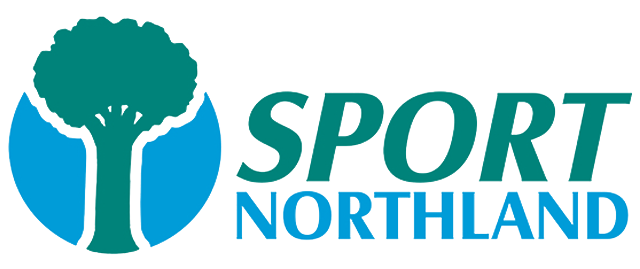
TĀKARO | PLAY
At Sport Northland, we are committed to supporting, encouraging, empowering and celebrating play so that citizens of Te Tai Tokerau value play now and into the future.
WHAT IS PLAY? | WHY IS PLAY IMPORTANT? | PROVIDING TIME, SPACE AND OPPORTUNITY TO PLAY
Play Passport
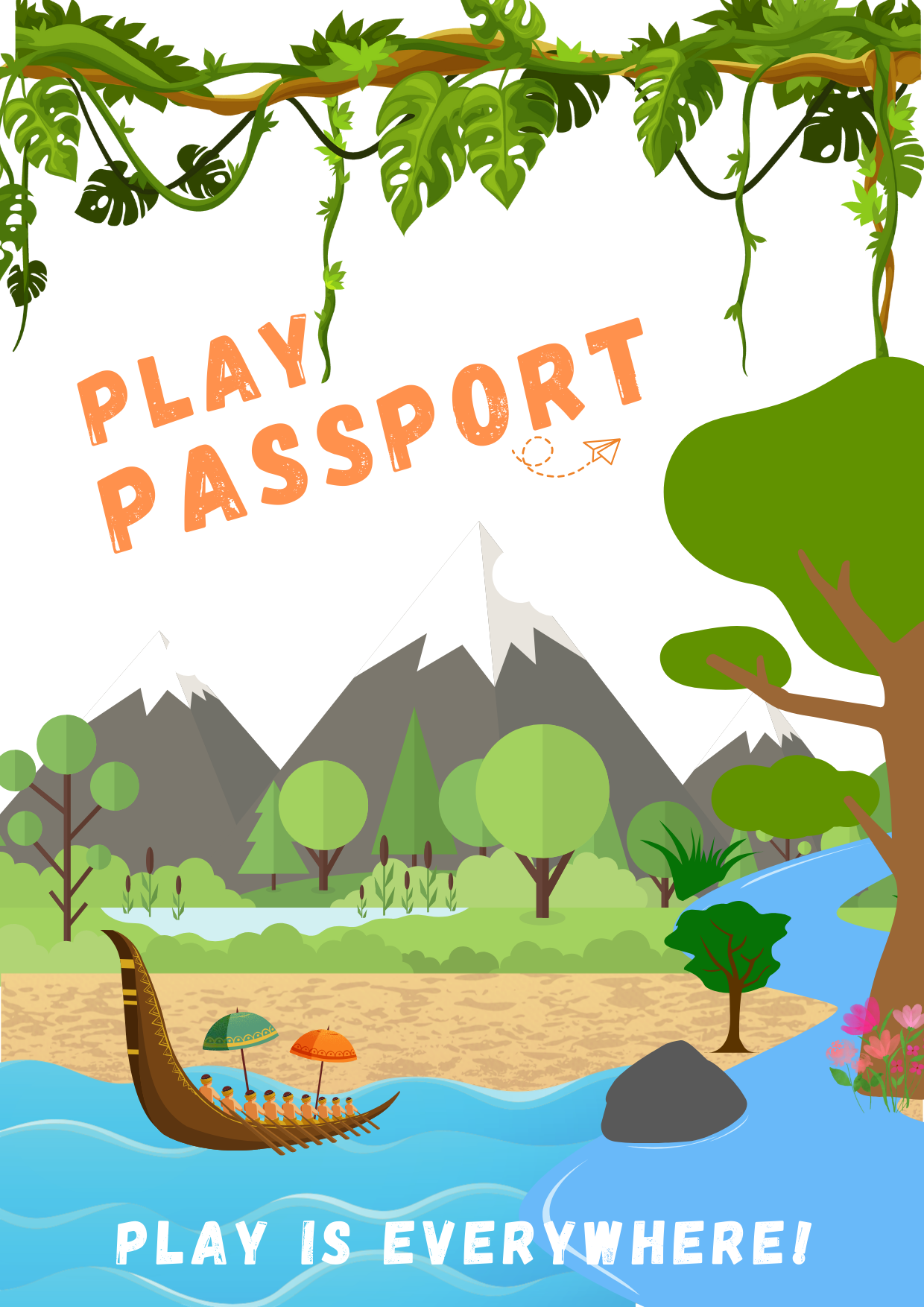
Everywhere Play Passport
This play passport engages with different parts of taiao prompting you to visit your awa, maunga, ngahere and even your own backyard. Check out some activities that you can take part in within each space.
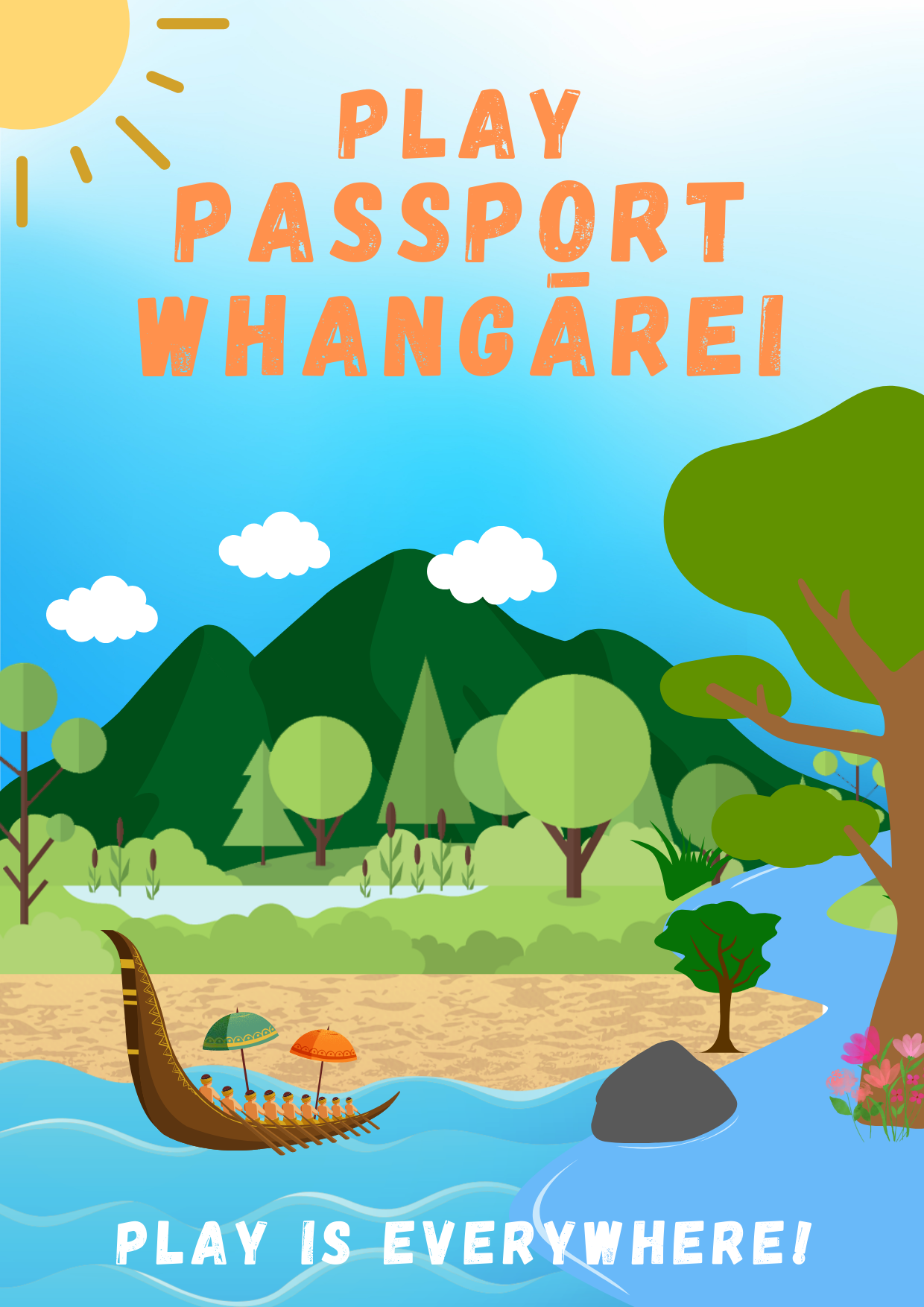
Whangārei Play Passport
This play passport takes you around different playgrounds throughout whangārei and prompts activities that tamariki and whānau can complete within each space.
WHAT IS PLAY?
Play is multi-faceted, dynamic, and is not easy to define. The definition of play differs from person to person but is actually pretty simple....
Play can be described as an activity that is:
characterised by engagement, with high levels of involvement, engrossment and intrinsic motivation (motivation that comes from inside the child, not from others or external rewards)
imaginative, creative, and non-literal
voluntary or freely chosen, personally directed (often child-initiated) and free from externally imposed rules
fluid and active but also guided by mental rules and high levels of metacognition and metacommunication (communication about communication) which give it structure
process-driven rather than product-driven, with no extrinsic goals
play can sometimes have rules but not always
Sport NZ Play Advocate Scott MacKenzie discusses "What is play?"
Sport NZ Play Advocate Karen Laurie discusses "Play, why is it important?"
WHY IS PLAY IMPORTANT?
Play contributes the largest number of physically active hours for 5-18 year-olds on a weekly basis.
A child’s earliest physical experiences are through play and it’s also where they develop and practice life skills. Play allows children to experience fun, joy and laughter in a way that is important to them.
It’s also where they develop and practice life skills.
The positive benefits of play include:
being physically active in a fun way that develops fundamental movement skills
encouraging self-directed creativity and innovation
improving social and emotional connection
improving a young person’s understanding of their relationship with the physical environment
improving resilience, independence and leadership by determining their own outcomes
aiding better decision-making based around elements of challenge and risk.
play is vitally important for a young person’s resilience and wellbeing development
TIME, SPACE AND OPPORTUNITY FOR PLAY
Play is actually pretty simple. It comes down to three words; TIME, SPACE, OPPORTUNITY.
Play is about giving our tamariki and rangatahi the Time, Space and Permission/Opportunity to play in all different ways.
Here's a poster AND a guide you can download and use in your school, kura or with whānau to help you with providing Time, Space and Permission for play.
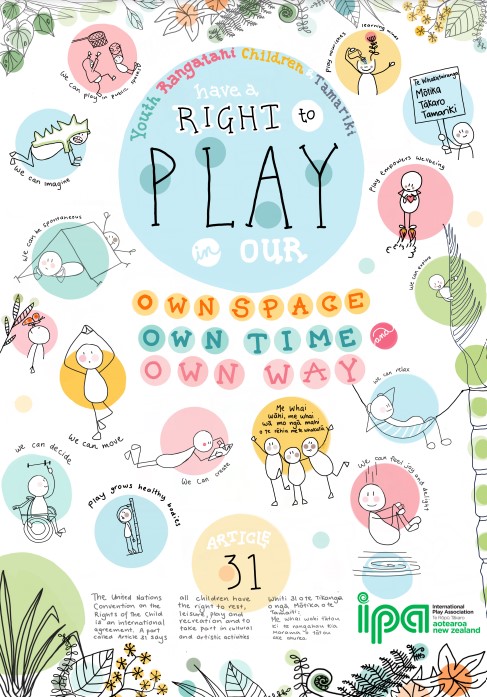
PLAY AOTEAROA
A visual representation of all the important parts of the Article 31 and what PLAY really means in Aotearoa Style.
Poster
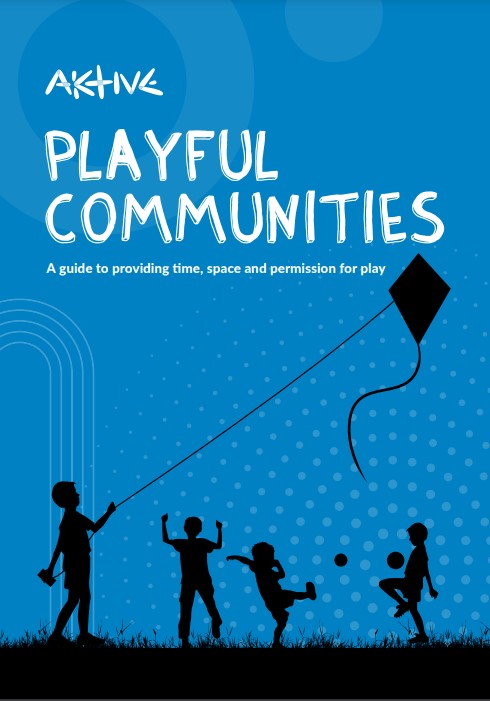
PLAYFUL COMMUNITIES
A guide to providing time, space and permission for play. (Made by Aktive for Tāmaki Makaurau but can be transferrable to any region in NZ) ... more
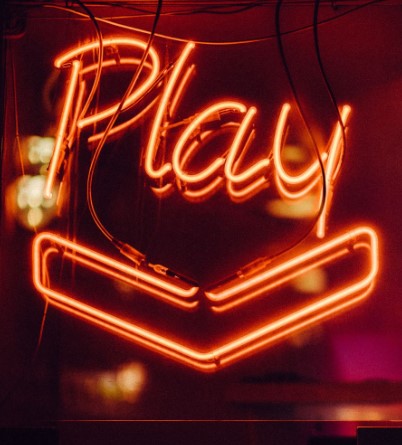
MORE INFORMATION
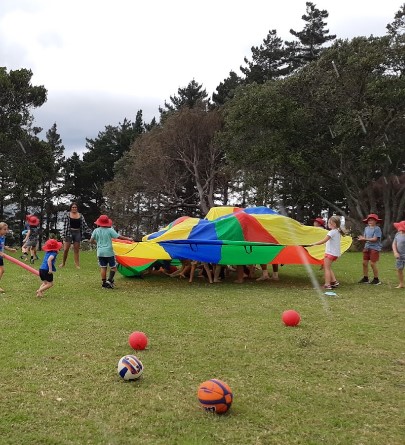
CELEBRATION
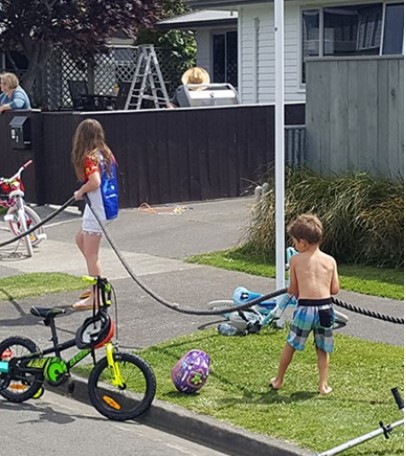
INSPIRATION
SPORT NORTHLAND
CDL Group Northland Sports House
97 Western Hills Drive, Kensington,
Whangārei 0112
info@sportnorth.co.nz
CDL Group Northland Sports House - 09 437 9600
McKay Stadium / Kensington Fitness - 09 437 4404




 Members
Members Admin Login
Admin Login